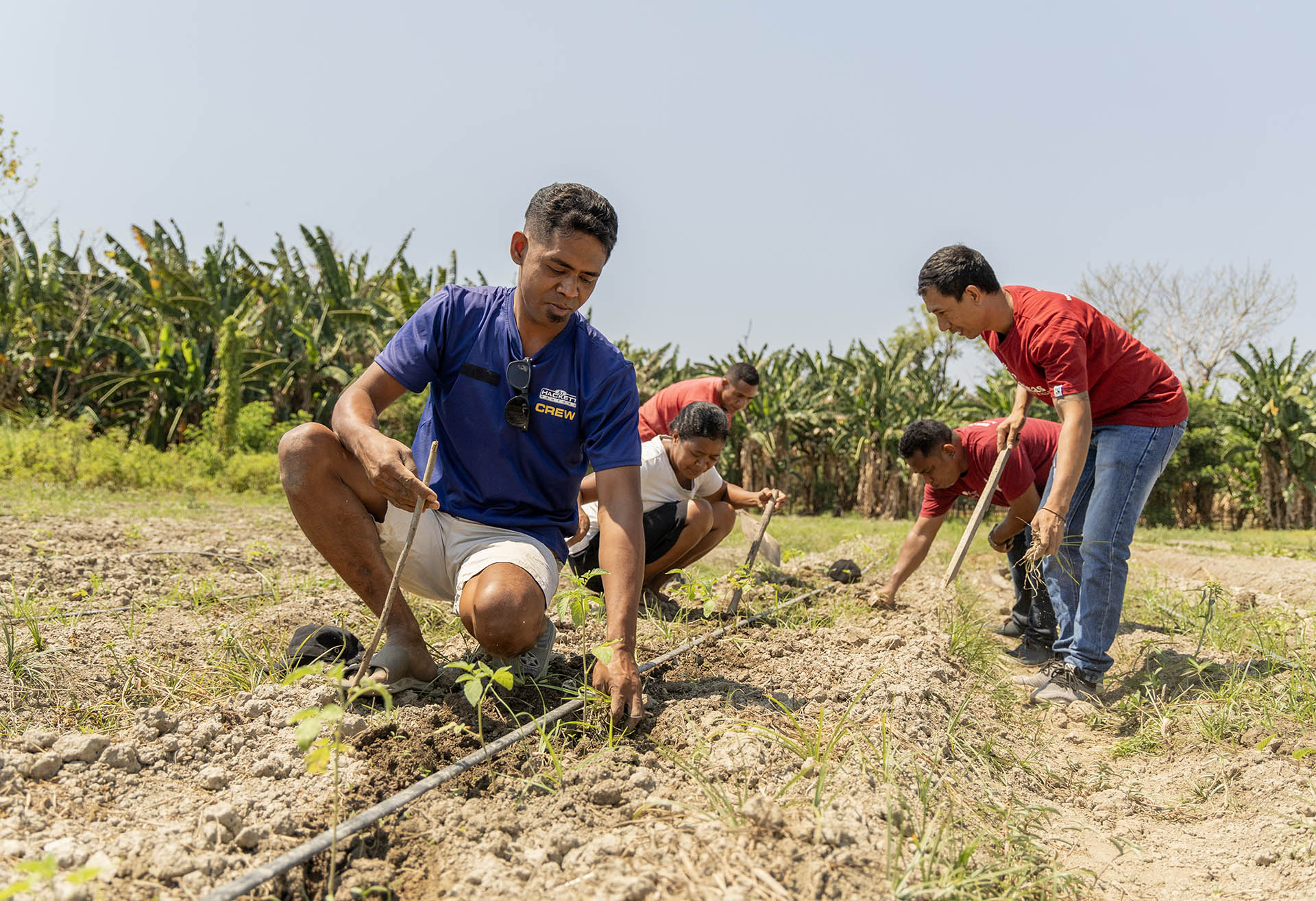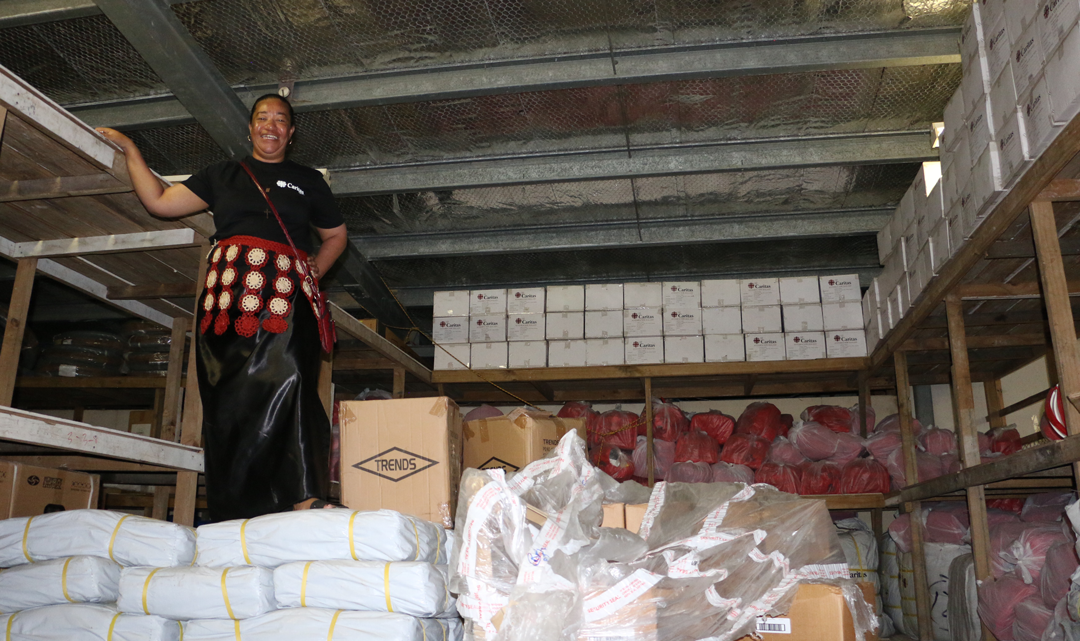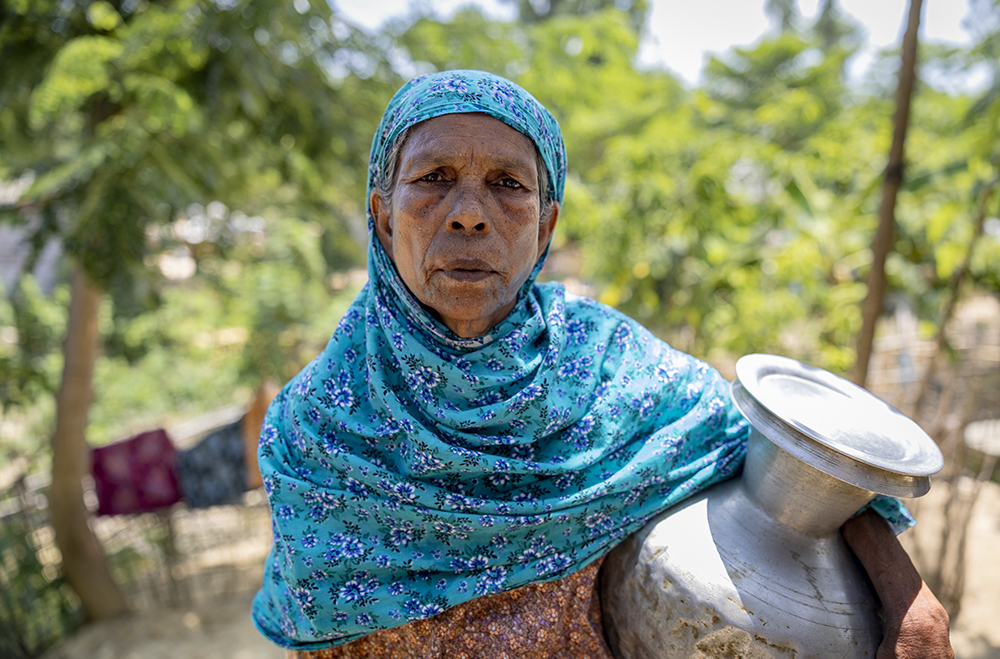Maximising Your End of Financial Year Charity Donations: A Comprehensive Guide
As the end of the financial year approaches, many people start to think about making charitable donations. Charitable giving is an excellent way to support causes you care about, but it can be challenging to decide which charity to donate to and how to make the most of your donations. In this guide, we'll provide you with tips and advice on how to maximise your EOFY charity donations.
Choosing the Right Charity
Choosing the right charity is essential when it comes to donating your money. You want to make sure that your donation will go to a cause that you care about and that the charity you choose is reputable and accountable. Here are some tips on how to choose the right charity:
- Research the charity's mission, goals, and programs. Make sure that the charity aligns with your values and beliefs. You can find Caritas Australia’s mission and goals here.
- Check the charity's financial information. Look for transparency in financial reporting, including annual reports and audited financial statements.
- Pro Tip: If the Charity is ACFID accredited it means that the organisation is committed to improving international development and humanitarian action outcomes and increasing stakeholder trust by enhancing the transparency, accountability and effectiveness of ACFID’s members. It is a voluntary, self-regulatory sector code of good practice.
- Pro Tip: If the organisation is DFAT accredited it means the charity has undergone a rigorous process that demonstrates the organisation is capable of delivering quality development outcomes and are accountable to their stakeholders. To gain accreditation, Australian NGOs are required to undergo a thorough and independent assessment of their organisational structure, philosophies, policies and practices against an agreed set of accreditation criteria.
Caritas Australia is both ACFID and DFAT accredited.
- Look for evidence of impact. Check the charity's website for case studies, testimonials, and other evidence of the impact of their work.
- Check the charity's reputation. Look for reviews and ratings on charity watchdog websites such as Change path.
- Pro Tip: Look for the Registered Charity logo which demonstrates that the charity is registered by the ATO
Why are charitable gifts and donations important?
Charitable gifts and donations are important because they provide essential support to vulnerable communities. Charities rely on the generosity of supporters like you to fund their programs and make a difference in the lives of people and communities in need. By donating to a charity, like Caritas Australia, you are supporting locally led programs in the most marginalised and remote communities in Australia and overseas.
Charitable gifts and donations also provide a sense of purpose and fulfilment and can be a way to give back to the community and make a difference in the world. Overall, charitable gifts and donations are a crucial part of building a better world for ourselves and future generations.
Making the Most of Tax Deductions
When you donate to a charity, you may be eligible for a tax deduction. Here are some tips on how to make the most of your tax deductions:
- Make sure the charity is a registered deductible gift recipient (DGR). This means that your donation will be tax-deductible.
- Pro Tip: Look up the Charity on ABR, On the charity's ABN Lookup page, scroll to the heading 'Deductible gift recipient status' to see if your donation will be tax deductible. Caritas Australia is endorsed by ABR as a Deductible Gift Recipient (DGR). Donations must be of $2 or more to claim a tax deduction.
- Keep receipts for your donations. You'll need them as proof of your donation for tax purposes.
- Donate before June 30th. To be eligible for a tax deduction in the current financial year, you must donate before June 30th.
How Tax-Deductible donations work
Understanding how tax-deductible donations work can help you maximise your end of financial year charity donations. When you make a donation to a registered deductible gift recipient (DGR), you can claim a tax deduction for the amount donated. This means that the amount you donate reduces your taxable income, resulting in a lower tax bill. However, it's important to note that there are limits to how much you can claim as a tax deduction for donations.
The Australian Taxation Office (ATO) sets these limits each year and they vary depending on the type of charity and the nature of the donation. Additionally, if you receive any goods or services in return for your donation, the tax-deductible amount is reduced by the value of those goods or services. To ensure that you claim the correct amount as a tax deduction, it's best to seek advice from a qualified accountant or financial advisor.
Other Ways to Support Charities
If you're not in a position to donate money, there are other ways you can support charities.
Here are some ideas:
- Volunteer your time. Charities are always looking for volunteers to help with their programs and events.
- Spread the word. Share information about your chosen charity on social media and encourage your friends and family to get involved.
- Fundraise. Set up a fundraising page on social media or online.
Choosing to make EOFY donations to charities of your choice is a great way to support causes you care about and maximise your tax deductions. To make the most of your donations, choose a reputable charity, keep receipts, donate before June 30th, and don't forget about other ways to support charities if you're not able to donate money. With these tips and advice, you'll be able to maximise your EOFY charity donations and make a real difference in the world.

Chiquito and his family in Timor Leste. Photo credit Tim Lam for Caritas Australia.

















